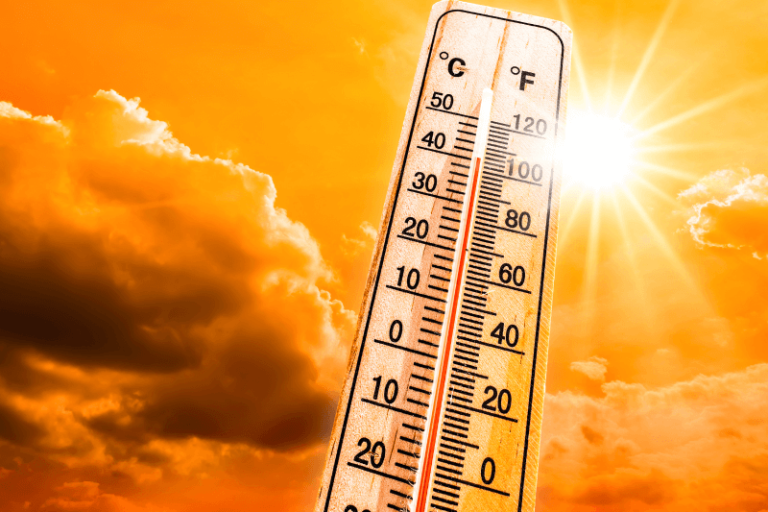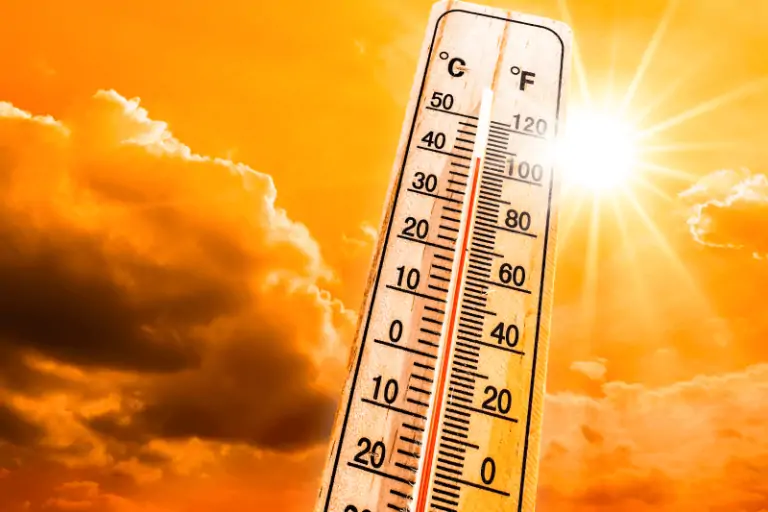

extended heat waves
Expecting to last through the end of July, heat waves in Algeria and Morocco should cause great worry in both North Africa’s countries. Authorities in both nations have issued severe weather warnings to their citizens based on forecasts of temperatures approaching a sweltering 47 degrees centigrade (117 Fahrenheit).
Heat warnings have been issued by the National Meteorological Office of Algeria across Adrar, Ain Salah, Bordj Badji Mokhtar, Timimoun, and Tindouf among numerous provinces. For Ain Delfa, Batna, Chlef, Djelfa, El Bayadh, Medea, M’Sila, Relizane, and Tissemsilt provinces as well, there are warnings. These alarms are absolutely essential to make sure the occupants know about the hazardous surroundings and may act to safeguard themselves.
Heat warnings have also been issued by Morocco’s Directorate General of Meteorology over most of the nation. Authorities will probably send fresh alerts and change or revoke current advisories depending on the most recent weather conditions as the situation develops. This proactive strategy emphasizes the gravity with which both countries are handling the approaching heat.
The continuous effects of climate change are mostly responsible for the recurrent heat waves in Algeria and Morocco. North Africa is hardly an exception; rising global temperatures have brought more regular and strong heat waves all around. These extreme weather occurrences highlight the critical necessity of efficient climate action since they seriously endanger public health, agriculture, and infrastructure.
Authorities in Algeria and Morocco are encouraging people in reaction to the heat warnings to stay indoors during peak heat hours, keep hydrated, and avoid vigorous activity. Vulnerable populations—such as the elderly, children, and those with pre-existing health conditions—who are more likely to develop heat-related diseases especially worry public health officials.
Local governments and NGOs are also pooling funds to assist people most impacted by the heat. This covers arranging cooling centers, delivering water and other supplies, and offering tips on how to remain safe under very high temperatures. Such actions are absolutely essential for preserving public health and lessening the immediate effects of the heat waves.
The continuous heat waves in Algeria and Morocco fit a larger trend of severe weather occurrences connected to climate change. Heat waves that swept most of Southern Africa earlier this year caused great disturbance and exposed the region’s sensitivity to climate extremes. These incidents line up with scientific forecasts that droughs, more frequent and intense heat waves, and other extreme weather events resulting from climate change.
Apart from the present heat waves, Morocco is still recovering from a catastrophic earthquake that rocked the nation last year. With more than 2,900 people dead and almost 5,600 injured, the earthquake has made life more difficult for Morocco as it deals with the heat. September earthquake victims protested outside Parliament in Rabat this week, complaining about the way the government handled the catastrophe. Their demand for more help and pay emphasizes how constantly needed strong disaster response and recovery initiatives are.
The heat waves in Algeria and Morocco are a sobering reminder of how urgently thorough climate action is needed. Important first measures in lessening the effects of climate change and safeguarding sensitive people are cutting greenhouse gas emissions, strengthening climate resilience, and funding sustainable development.
Simultaneous actions are required to alleviate the present heat waves and assist those most impacted. This covers delivering correct and timely information, guaranteeing access to hydration and cooling services, and enhancing public health systems to handle heat-related disorders.
Building resilience and adjusting to new climate realities will depend on cooperation across governments, people, and international organizations as the effects of climate change develop. The experiences of Algeria and Morocco underline the need of proactive and concerted effort to solve the long-term as well as urgent problems presented by climate change.
The recurring heat waves in Algeria and Morocco are unmistakably evidence of the increasing risk that climate change presents. Authorities and communities must be alert and follow all required measures as temperatures predicted to stay dangerously high through the end of July call for their attention. These disasters also highlight the critical necessity of world action to solve the underlying causes of climate change and create a more resilient and sustainable future for everybody at the same time.
National teams from Africa advance their World Cup qualification pursuit as they take part in Matchday 5 of the qualifiers.…
Creative Africa Nexus (CANEX) is running the Book Factory Prize for Publishing in Africa again to award $28,000 to African…
Canadian companies have expanded their presence as major African mining stakeholders and invested more than $37 billion. Africa holds the…
The South African government wants people to plant one million trees across the nation within a single day on September…
The government's statistics regulator showed that South African inflation stayed at 3.2% during February and rose below the projected 3.3%.…
Keywords: Cape Town, African Energy Chamber, Africa, The 2025 African Energy Week (AEW) will host the top energy leaders from…
This website uses cookies.